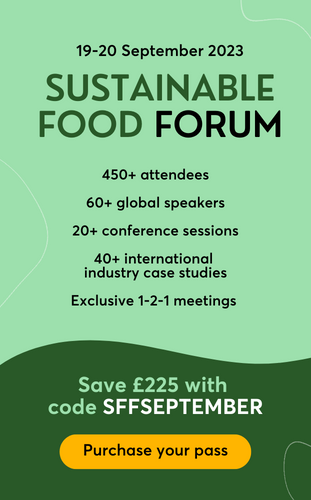Tate & Lyle partners with University of Aberdeen to improve access to healthy and sustainable food

Ingredients company Tate & Lyle is contributing to a new three-year research project led by the University of Aberdeen’s Rowett Institute, focused on understanding the state of the UK’s food system and helping people make healthier and more sustainable food choices.
UK Research and Innovation (UKRI) and the Biotechnology and Biological Sciences Research Council (BBSRC) has awarded £1.6 million in funding to the Rowett Institute to carry out the research.
The project will investigate how poverty, food insecurity and obesity impact shopping habits, looking at a broad cross-section of shoppers.
The collaborative study will bring together a panel of consumers, policy makers, charities, food and drink producers, processors, and retailers to co-develop, advise and test strategies that could boost the country’s food system.
Expert academics from University College London, Leeds Beckett University, the University of Leeds, the University of Liverpool and Robert Gordon University will also be involved.
Tate & Lyle’s role in the project will be to provide industry insight on product reformulation.
Dr Kavita Karnik, Global Head, Nutrition & Regulatory Affairs at Tate & Lyle, said: “We are delighted to be able to offer our guidance, expertise and know-how for this important piece of research.
“Driven by our purpose of ‘Transforming Lives through the Science of Food’, we believe this research is essential to better understand food systems in the UK and provide real-world strategies of how dietary inequalities can be addressed within the food retail sector in an environmentally friendly way.”
Sainsbury’s announced its involvement in the study earlier this year. The food retailer will contribute historical and anonymous data gathered from its Nectar customers, which researchers will use to analyse food buying patterns and develop practical solutions.
The supermarket also plans to draw data from focus groups, online surveys, and tech-enabled national studies.
Commenting on the importance of the research project, Professor Alexandra Johnstone from the University of Aberdeen’s Rowett Institute said: “This is a vital piece of research, and we are very much looking forward to working with this excellent team on this extremely important topic.”
The results from the study will be made available to the public upon completion in 2025.









